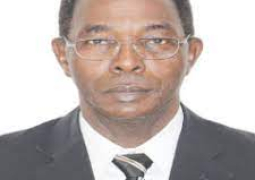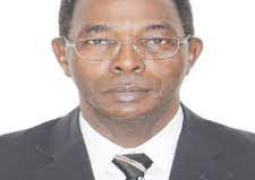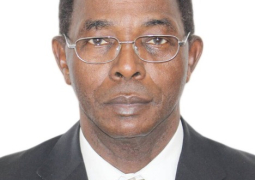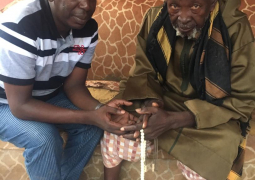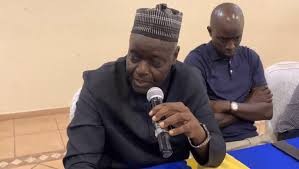
1.The U.S. Criteria Behind These Visa Policies
The U.S. Department of Homeland Security (DHS) and State Department periodically publish overstay reports—statistics on how many foreign nationals overstay their visas (e.g., student, visitor, work permits).
- The table you shared shows admission numbers, overstays, suspected overstays, and overstay rates by country.
- Countries with very high overstay percentages are flagged. For example:
- Chad: 28.66%
- Eritrea: 21.60%
- Djibouti: 19.75%
- Gambia: 10.18%
- By comparison, countries like Ghana (8.12%) and Senegal (8.62%) are also high but slightly lower.
Threshold: If a country consistently records overstay rates above 10%, the U.S. considers that a serious compliance issue. That is why The Gambia has been targeted.
2. The Bond Policy for Gambians
- In 2020, under the Trump administration, the U.S. introduced a Visa Bond Pilot Program requiring nationals of certain countries with high overstay rates to post a bond of $5,000–$15,000 to obtain B1/B2 visas (business/tourism).
- For Gambians, the U.S. Embassy applies the maximum $15,000 bond (≈ D1 million) because of the 10.18% overstay rate.
- In addition:
- Visas are now single entry only.
- Validity limited to 3 months (instead of the 1–5 years that other countries enjoy).
This is designed as a deterrent: to discourage visa misuse, overstays, and undocumented migration.
3. Why Ghana Got a Reversal
- Ghana was previously under similar restrictions.
- However, during high-level bilateral engagements—including on the sidelines of the UN General Assembly (UNGA)—the Ghanaian Government negotiated directly with U.S. authorities.
- They provided guarantees of better cooperation on deportations, repatriation of overstayers, and tighter passport controls.
- The U.S. lifted Ghana’s restrictions once satisfied with these commitments.
4. What The Gambia Can Do to Reverse the Policy
1.High-Level Diplomatic Engagement
- Use platforms such as the UN General Assembly and direct bilateral talks to prioritise this issue.
- The Ministry of Foreign Affairs should directly engage the U.S. State Department and DHS.
2. Improve Compliance & Cooperation
- Demonstrate willingness to accept deportees/overstayers back to The Gambia promptly.
- Strengthen border and passport controls to prevent fraud and misuse- noting that the Gambia has an agreement with Securi Port a US company based at Banjul International Airport.
3. Data & Policy Measures
- Present an action plan to reduce overstay rates, e.g., public sensitisation campaigns warning Gambians against overstaying U.S. visas.
- Show evidence of declining numbers through better monitoring.
4. Leverage Strategic Partnerships
- Use channels like the American Chamber of Commerce The Gambia (AmCham) and Gambian diaspora organisations in the U.S. to lobby for review.
- Highlight positive contributions of Gambian diaspora (remittances, investment) and the reputational harm of the policy.
5. Reciprocal Diplomacy
- Quietly explore reciprocal visa treatment, while stressing Gambia’s interest in maintaining strong bilateral ties.
5. Policy Recommendation for The Gambia
- The Gambian Government should immediately constitute a high-level delegation led by the Minister of Foreign Affairs, supported by the Gambian Ambassador to the USA, the Permanent Representative of the Gambia to the United Nations, the American Chamber of Commerce ( Gambia) the Gambia Chamber of Commerce and Industry (GCCI) and Gambia diaspora organisations and leaders in the U.S.
- The delegation should table a formal proposal to the U.S. State Department, committing to:
- Reducing overstays,
- Cooperating on repatriations,
- Launching sensitisation campaigns,
- Strengthening passport/visa vetting.
- A timeline should be offered (e.g., reduce overstay rates to below 5% .
- This approach mirrors Ghana’s successful negotiation.
In summary: The U.S. bond requirement stems from The Gambia’s high visa overstay rate (10.18%). The $15,000 bond equivalent to One Million Dalasis is punitive but reversible. Ghana demonstrated that diplomacy + guarantees + cooperation can secure a reversal. The Gambia must now mount a coordinated diplomatic effort, backed by reforms and diaspora advocacy, to restore normal visa treatment.
Respectfully Submitted
Ambassador Abdoulie M Touray
Founder /President .
American Chamber of Commerce ( The Gambia) -AmCham.
27 September, 2025.


